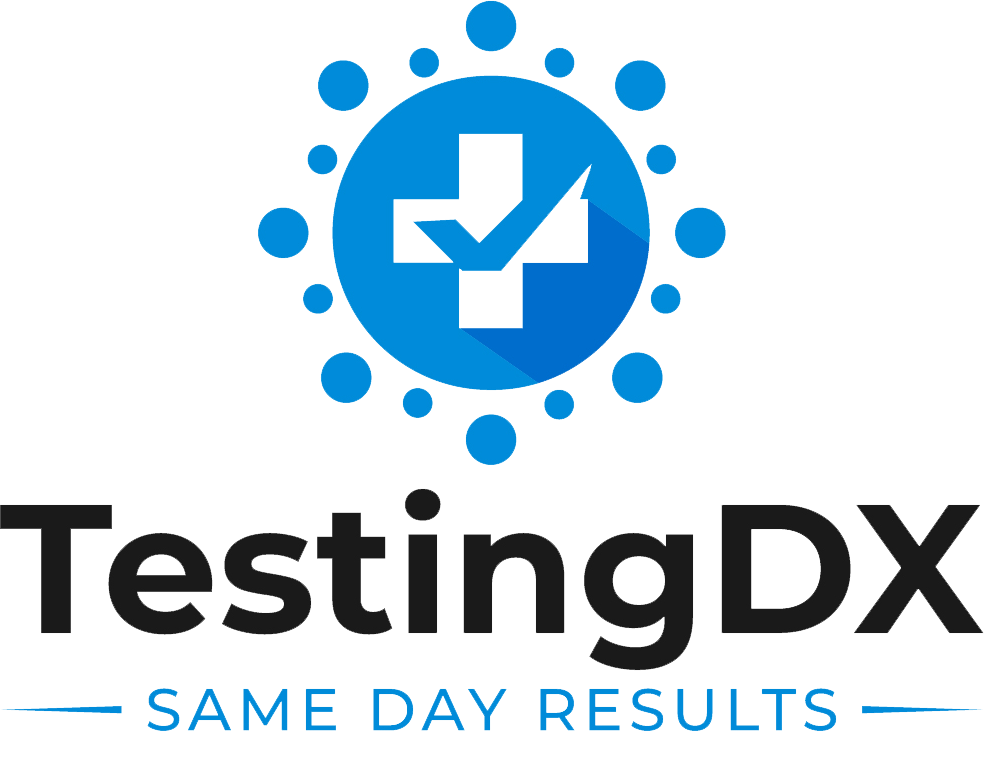Even after a couple of years of the COVID-19 outbreak, we are still fighting the pandemic and dealing with the new strains of the virus. Even though most of the countries around the world have lifted COVID-19 restrictions, businesses and schools are reopening, and we’re well on our way to a pre-COVID lifestyle, getting fully vaccinated and receiving your booster dose is still recommended. If you are experiencing any of the COVID-19 symptoms, get a rapid PCR test and follow the protocol, especially if you test positive.
Another area of concern that’s been extensively discussed in the post-COVID world is the long-term effects of COVID-19. While most people recover from the infection in a few weeks, some patients continue to experience symptoms long after their recovery. The condition is often referred to as the post-COVID-19 syndrome, long COVID-19, post acute sequelae of SARS-COV-2 infection (PASC), and long-haul COVID-19.
Let’s explore more in detail about this condition, its symptoms, and how to deal with it.
What Is Post-COVID-19 Syndrome?
Post-COVId-19 syndrome, or long COVID-19, is a condition that involves various new, ongoing, or returning symptoms people experience after more than four weeks since they first contract the virus. Some people continue with the condition for months or even years. In others, it even leads to a disability.
Common Symptoms of Post-COVID-19 Syndrome
Some of the symptoms of post-COVID-19 syndrome reported more often include:
- Fatigue
- Fever
- Symptoms that become worse after mental or physical effort
- Respiratory symptoms like shortness of breath or difficulty breathing
- Cough
Besides these common symptoms, some other symptoms that may occur include:
- Muscle or joint pain
- Mental health conditions or neurological symptoms, including the inability to concentrate, sleep issues, headache, dizziness while standing, loss of taste or smell, and anxiety or depression
- Chest pain, fast heartbeat, and other heart symptoms
- Blood clots and issues with blood vessels
- Stomach pain, diarrhea, and other digestive symptoms
- Other symptoms like changes in the menstrual cycle and rashes
While all these symptoms are associated with the post-COVID-19 syndrome, it is often hard to distinguish if the symptoms you are experiencing are caused by COVID-19 or some other underlying condition.
It is not evident yet if it’s a new condition and related to COVID-19 or it is something else. A few of the symptoms patients experience are similar to the ones linked to chronic fatigue syndrome or some other post-infection chronic illness. In the case of chronic fatigue syndrome, patients experience extreme fatigue that gets worse with mental or physical activity, and taking rest doesn’t help improve it.
What Causes Ongoing Health Issues After COVID-19?
These ongoing health conditions may be related to organ damage. It is likely for patients with a severe infection to suffer organ damage that may affect their heart, kidneys, brain, and skin. Inflammation and immune system problems are also likely outcomes in the long run. It’s also unclear exactly how long these symptoms might last. Furthermore, the post-infection effects may also result in patients developing new conditions like a nervous system or heart condition, or diabetes.
The Risk Factors That May Lead To Post-COVID-19 Syndrome
You’re more at risk of developing post-COVID-19 syndrome if:
- COVID-19 led to a severe illness, causing you to get hospitalized or need intensive care
- You previously had a medical condition before getting infected with COVID-19
- You suffered from a condition that affected your tissues and organs while you were still sick with COVID or after recovery
Children and teens are more prone to the post-COVID-19 syndrome, but anyone who is infected with COVID-19 may face long-term effects, even if they had a mild illness or didn’t exhibit any symptoms.
What To Do if You’re Experiencing The Symptoms of Post-COVID-19 Syndrome
While a PCR antigen test confirms if you have a COVID-19 infection, there is no such test for confirming post-COVID-19 syndrome. If you notice the symptoms, consult with your healthcare provider. Make sure you have all the necessary information, like when you started experiencing these long COVID-19 symptoms, what causes the symptoms to get worse, and how your activities are affected by your symptoms.
You might be advised to have some lab tests, like a liver function test or a complete blood count test. Based on the symptoms you have, your healthcare provider may also prescribe chest X-rays and other procedures. Your treatment plan will be devised according to your test results.
The research on the long-term effects of COVID-19 is ongoing, and the experts are working on better identification of the most frequent post-COVID-19-syndrome symptoms and its diagnosis.

